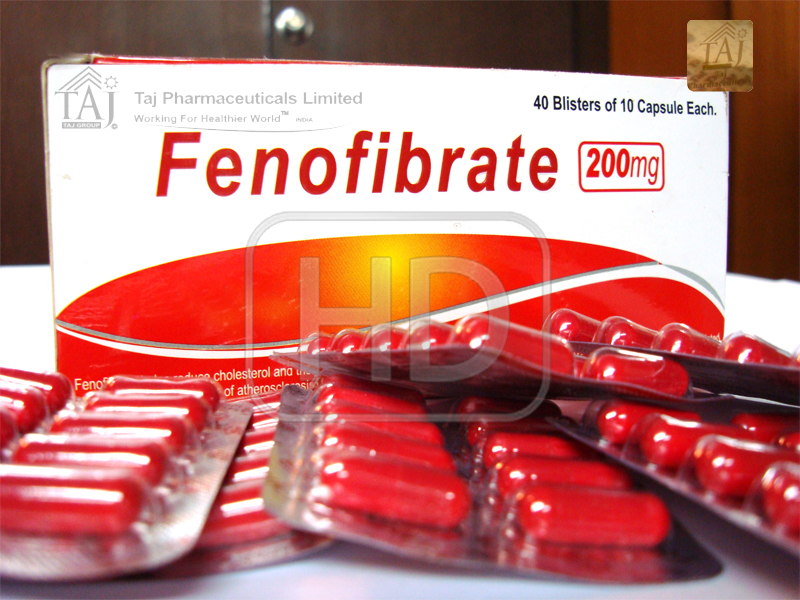Epub: Zhou et al. Fenofibrate Inhibited the Differentiation of T Helper 17 Cells In Vitro. PPAR Res. 2012;2012:145654.
Uncontrolled activity of T cells mediates autoimmune and inflammatory diseases such as multiple sclerosis,
inflammatory bowel diseases, rheumatoid arthritis, type 1 diabetes, and
atherosclerosis. Recent findings suggest that enhanced activity of
interleukin-17 (IL-17) producing T helper 17 cells (Th17 cells) plays an
important role in autoimmune diseases and inflammatory diseases.
In the present study, we hypothesized that fenofibrate (a synthetic ligand of peroxisome proliferator-activated receptor α (PPARα)) inhibited the differentiation of Th17 cells. Our results showed that fenofibrate inhibited transforming growth factor-β (TGF-β) and IL-6-induced differentiation of Th17 cells in vitro. However, other PPARα ligands such as WY14643, GW7647 and bezafibrate did not show any effect on Th17 differentiation, indicating that this effect of fenofibrate might be PPARα independent. Furthermore, our data showed that fenofibrate reduced IL-21 production and STAT3 activation, a critical signal in the Th17 differentiation. Thus, by ameliorating the differentiation of Th17 cells, fenofibrate might be beneficial for autoimmunity and inflammatory diseases.
Yet another publication on Th17 cells. This study suggests that .fenofibrate could be of use in MS, but it is just hypothetical and much work would needs to be done to show it has any real value in MS.
CoI: None
In the present study, we hypothesized that fenofibrate (a synthetic ligand of peroxisome proliferator-activated receptor α (PPARα)) inhibited the differentiation of Th17 cells. Our results showed that fenofibrate inhibited transforming growth factor-β (TGF-β) and IL-6-induced differentiation of Th17 cells in vitro. However, other PPARα ligands such as WY14643, GW7647 and bezafibrate did not show any effect on Th17 differentiation, indicating that this effect of fenofibrate might be PPARα independent. Furthermore, our data showed that fenofibrate reduced IL-21 production and STAT3 activation, a critical signal in the Th17 differentiation. Thus, by ameliorating the differentiation of Th17 cells, fenofibrate might be beneficial for autoimmunity and inflammatory diseases.
Yet another publication on Th17 cells. This study suggests that .fenofibrate could be of use in MS, but it is just hypothetical and much work would needs to be done to show it has any real value in MS.
CoI: None
